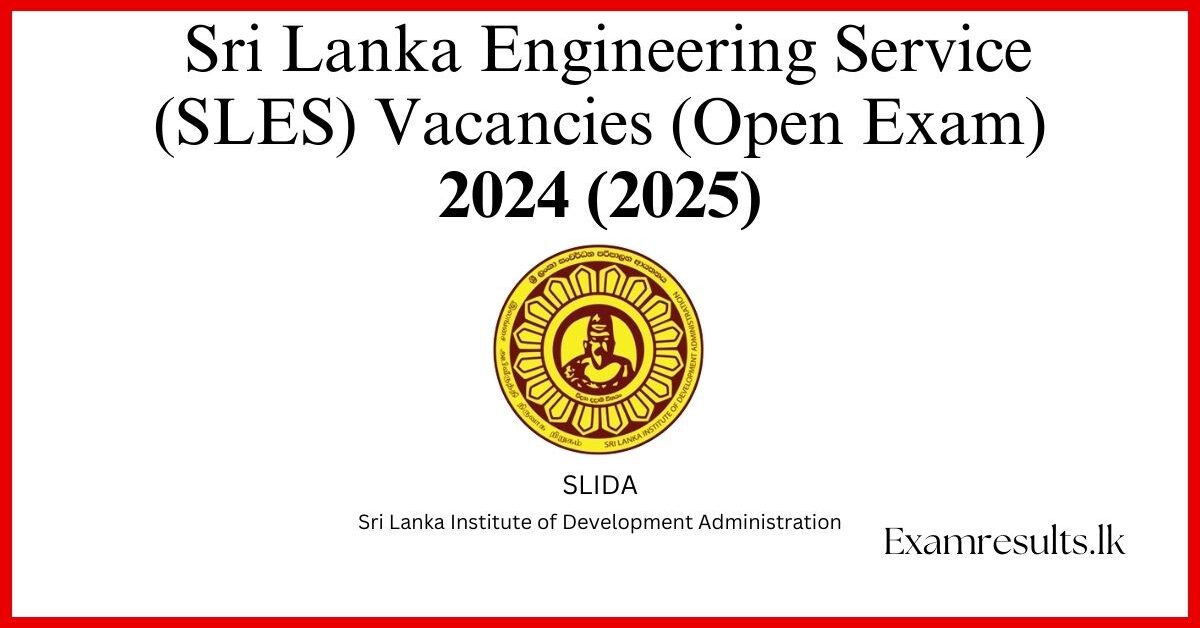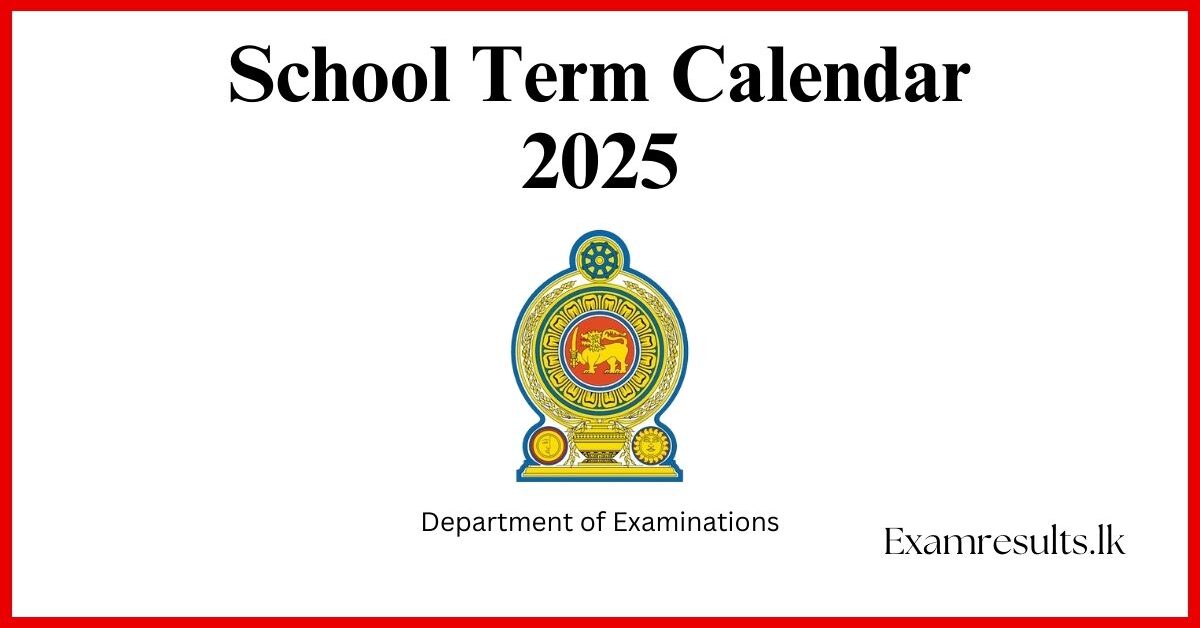Examination Formats in Higher Education:
Dive into the various examination formats in higher education, including tips and insights on how to excel. Discover the best strategies and approaches to succeed in your academic journey.
Examination formats in higher education have evolved significantly over the years, encompassing a range of strategies to assess students’ understanding and skills effectively.

From traditional written exams to innovative project-based assessments, the landscape of higher education assessments has become more diverse.
In this article, we will delve into the various examination formats in higher education, offering insights, tips, and strategies to navigate these formats successfully.
Introduction
As students embark on their higher education journey, they encounter a variety of examination formats that challenge their critical thinking, problem-solving abilities, and subject knowledge.
The dynamic nature of examination formats aims to prepare students for real-world scenarios, where skills are as crucial as theoretical understanding.
Let’s explore the diverse examination formats that higher education institutions employ to foster holistic learning and development.
Examination Formats in Higher Education
Traditional Written Exams
Traditional written exams remain a fundamental assessment format in higher education. These exams typically involve a timed setting where students answer a series of questions that evaluate their grasp of course content.
While often associated with stress, well-prepared students can excel by employing effective study strategies and time management techniques.
Multiple Choice Quizzes
Multiple choice quizzes are a popular format for assessing a wide range of topics efficiently. They challenge students to choose the correct answer from a set of options, requiring a strong understanding of the material and the ability to discern subtle differences between choices.
Essay-based Assessments
Essay-based assessments encourage critical thinking and in-depth analysis. Students are given the opportunity to showcase their ability to articulate complex ideas coherently. These assessments may include research papers, literary analyses, and extended essays.
Project-Based Evaluations
Project-based evaluations mirror real-world scenarios by assigning students projects that simulate challenges they may face in their future careers. This format assesses students’ application of knowledge, teamwork, and problem-solving skills.
Oral Examinations
Oral examinations assess students’ communication skills and depth of understanding. Students discuss a topic with professors, demonstrating their ability to present ideas clearly and respond to questions in real-time.
Practical Assessments
For fields requiring hands-on skills, practical assessments are indispensable. These assessments evaluate students’ abilities in settings such as laboratories, workshops, or clinical environments.
Open-Book Exams
Open-book exams allow students to refer to their course materials during the assessment. While seemingly less rigorous, these exams require students to apply concepts effectively rather than relying solely on memorization.
Online Assessments
Incorporating technology, online assessments can take various forms, from quizzes on learning management systems to virtual simulations that mimic real-world scenarios.
Collaborative Assessments
Collaborative assessments emphasize teamwork and cooperation. Students work together to solve problems, encouraging peer learning and the development of interpersonal skills.
Take-Home Exams
Take-home exams provide flexibility by allowing students to complete assessments outside of a controlled environment. However, they often involve complex tasks that demand critical thinking and independent research.
Mastering Examination Formats: Strategies for Success
- Understand the Format: Before the exam, familiarize yourself with the specific format and guidelines to tailor your preparation.
- Practice Regularly: Consistent practice builds confidence and helps refine your skills, whether it’s solving multiple-choice questions or writing essays.
- Time Management: Time is a precious resource during exams. Practice time management techniques to ensure you complete all sections.
- Effective Note-Taking: Develop efficient note-taking strategies during lectures to have comprehensive study materials.
- Utilize Resources: Take advantage of textbooks, online resources, and academic journals to enhance your understanding.
- Seek Feedback: Constructive feedback from professors or peers can provide valuable insights for improvement.
- Simulate Exam Conditions: Practice under conditions similar to the exam, such as time limits and a quiet environment.
- Stay Calm: Prioritize self-care and stress-relief techniques to stay calm and focused during exams.
- Review and Reflect: After exams, review your performance to identify strengths and areas needing improvement.
FAQs
How can I prepare effectively for project-based assessments?
Project-based assessments require careful planning and collaboration. Start early, allocate tasks efficiently among team members, and communicate regularly to ensure a cohesive outcome.
Are open-book exams easier?
Open-book exams demand a deep understanding of concepts rather than memorization. They require critical thinking to apply information effectively.
What should I expect during an oral examination?
Oral examinations involve discussing course-related topics with a professor. Expect questions that test your comprehension and the ability to articulate your ideas.
How do practical assessments contribute to learning?
Practical assessments offer hands-on experience, reinforcing theoretical knowledge and preparing students for real-world application.
Can I use online resources during online assessments?
Online assessments often allow resource usage. However, time constraints necessitate familiarity with the material to locate information swiftly.
How do collaborative assessments benefit students?
Collaborative assessments enhance teamwork and interpersonal skills, reflecting real-world collaborative scenarios in many professions.
Conclusion
Navigating the diverse examination formats in higher education can be a challenging yet rewarding experience. Each format serves a unique purpose in evaluating students’ competencies, ensuring a well-rounded education.
By understanding the intricacies of each format and employing effective strategies, students can excel in their academic pursuits.
Remember, success is not only defined by the scores achieved but by the growth, adaptability, and skills gained throughout the journey.



